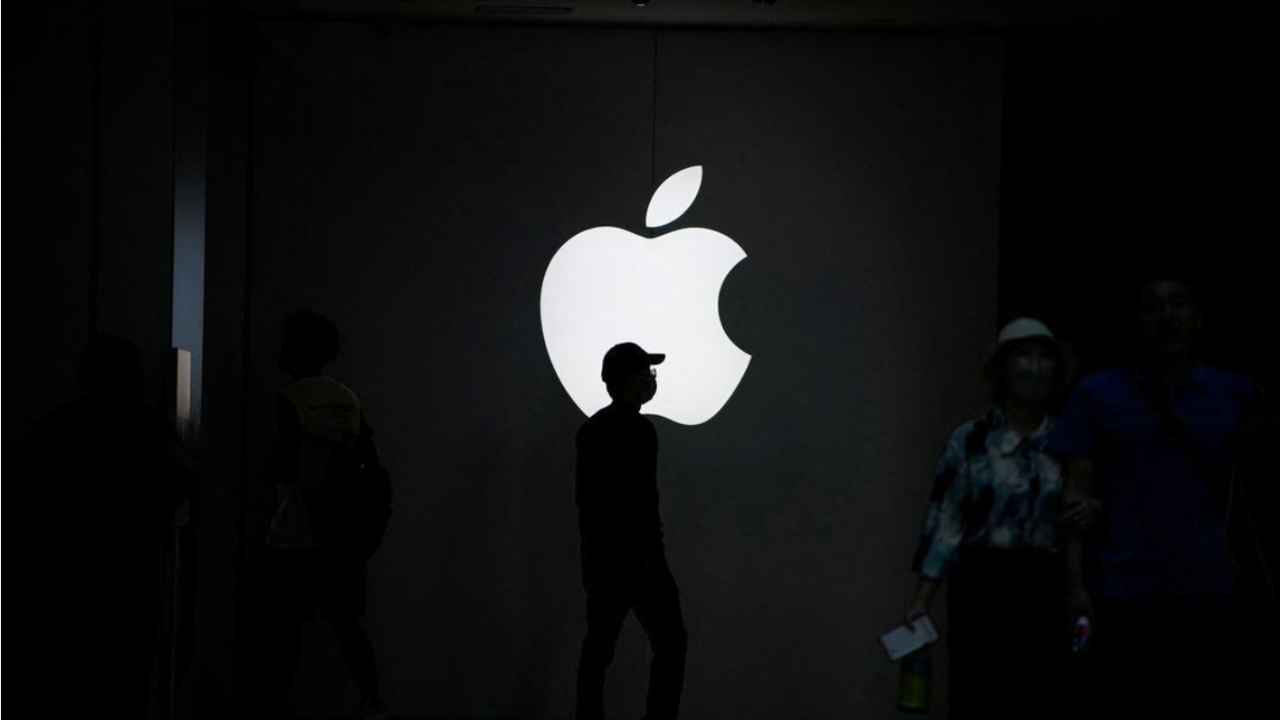At the centre of the case are Apple’s anti-steering clauses that prevented apps like Spotify from providing links or buttons that directed users to sign up for services on the web instead of using Apple’s in-app purchase system, for which Apple charges a commission.
Tim Sweeney, CEO of Epic Games, which has battled Apple over similar App Store restrictions, was quick to weigh in on today’s news. Referring to Apple’s stated intention to appeal the fine, Sweeney wrote on X (formerly Twitter), “Denial is a river that flows through Cupertino!”
Apple called out Spotify as the “primary advocate” and “biggest beneficiary” of the EC’s decision, noting Spotify’s 56% share of the European streaming music market. Apple accused Spotify of wanting “limitless access” to Apple’s tools without paying and shared details about Spotify’s extensive use of Apple’s platforms and APIs.
Sweeney accused Apple of “bitter griping” and suggested the tech giant is misrepresenting its historical relationship with app makers. “Apple’s bitter griping simply describes their historic, pre-monopoly relationship with app makers: the device provides great APIs, and apps provide great features to attract users. Everyone profits together,” he said.
Sweeney’s comments reflect Epic Games’ high-profile legal clashes with Apple over Fortnite, which Epic wanted to distribute to iOS users without paying App Store commissions. Epic sued Apple in 2020 after Fortnite was kicked off the App Store.
While Epic largely lost its U.S. case against Apple, it won one key ruling allowing developers to point users to external payment options. However, Apple said it would still take a commission on those purchases, which Epic called “malicious compliance.”
Sweeney suggested the EU ruling on anti-steering provides ammunition for Epic’s ongoing fight, writing: “In America, the issue is coming before the District Court in Epic v Apple as Epic challenges Apple’s malicious compliance with the court’s anti-steering injunction.”
Spotify, whose complaint initiated the EU case, called the ruling “a powerful message” about anti-competitive practices. However, the music streaming service expressed scepticism that Apple would fully comply, citing its “history of skirting regulations.”
Sweeney amplified these doubts by retweeting Spotify CEO Daniel Ek’s video statement expressing concern that Apple would find ways to avoid changing its behaviour despite the EU decision.
Apple argues Spotify does not want to follow the rules and pay App Store commissions. While Apple now allows “reader apps” like Spotify to link to external websites for purchases, bypassing commissions, Apple says Spotify wants to embed subscription pricing in its iOS app without using Apple’s in-app purchase system.
Sweeney, in a separate tweet, suggested that the European Commission’s (EC) decision finding Apple in violation of antitrust laws has relevance to Epic Games’ ongoing legal battle with Apple in the United States.
Sweeney argues that the EC’s decision describes “lawbreaking by Apple,” which he believes bolsters Epic’s case against Apple’s alleged “malicious compliance” with the court’s anti-steering injunction in the Epic v. Apple lawsuit. Essentially, Sweeney believes the EC’s ruling supports Epic’s position in challenging Apple’s business practices in the U.S. courts.
Apple says that it respects the EC but disagrees with the facts, saying “Spotify wants more” and that it will appeal. Its critics forecast continued resistance, but the high-stakes battle over the App Store’s future appears far from over. The sprawling impacts of the EU ruling have reignited the debate around the closed ecosystem of Apple’s App Store and whether its policies stifle competition and innovation in the digital economy.


